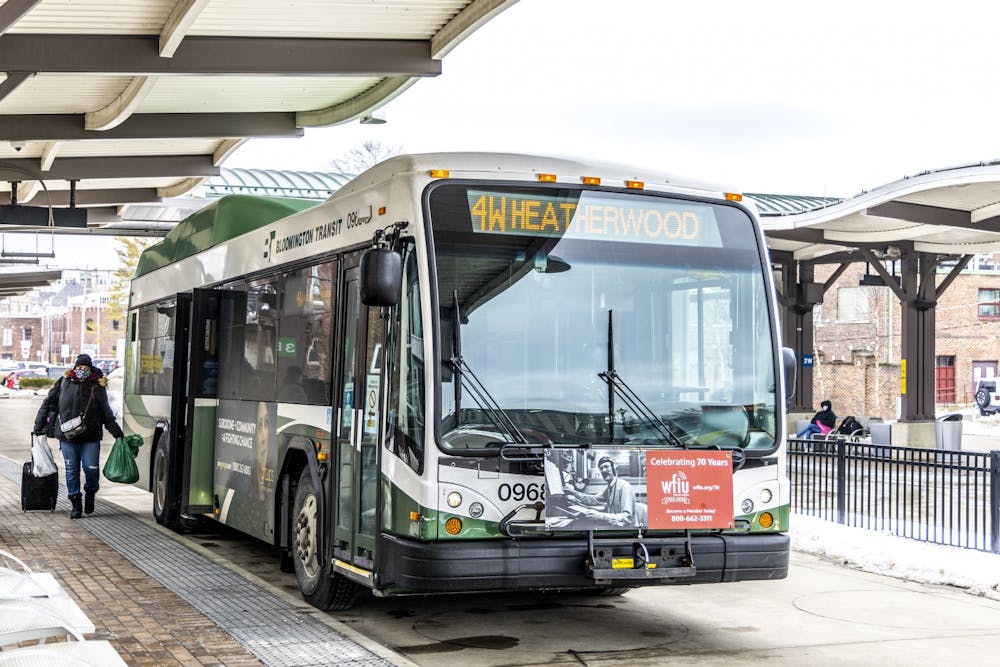The Bloomington Transit Board reviewed a draft budget for 2023 on July 19, which includes $3.8 million in funds from the city council’s local income tax increase. The budget, at $34 million, is more than half of what it was in 2022.
According to the draft budget document, a large part of the budget is allocated for the purchase of 18 new buses — four replacements and 14 new buses for expanded service and increased frequency. All new buses will be electric vehicles.
Another factor in the increase is fuel costs for the current buses. According to the document, the amount of the budget spent on fuel has increased from $877,500 to $1,472,500, which is enough to cover $5.25/gallon of diesel fuel costs.
BT expects to receive $20 million in revenue from the federal government due to its cost share program, which is significantly more than the $8.5 million number from last year. In this case, the Department of Transportation program will cover 80% of capital costs, including the new buses.
BT general manager John Connell told the board that this year’s budget also includes $250,000 to hire a consultant who would help with acquiring land for bus storage and charging stations for the buses.
Another aspect of the budget involves future plans to run an on-demand transit service for late night hours by purchasing additional vehicles. The vehicles would range from mini-buses to automobiles and would service those who need spontaneous transportation with more efficiency than running buses at fixed times. Currently, BT is servicing late night hours with subsidized Uber and Lyft rides as a pilot program.




